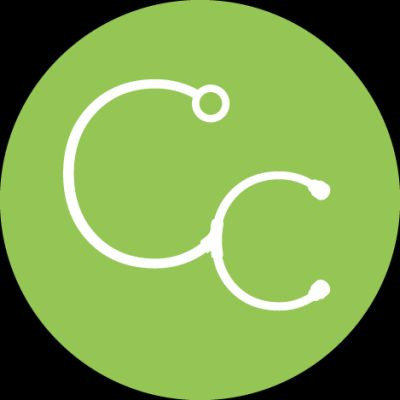Corti Creare

🚨 #maha Update This Week
What’s Shaking in the "Make America Health Again" Movement?
Here’s what you need to know from this week’s health and wellness drama:
🔴 FDA Eyes Artificial Food Dyes Ban: In a move that could shake up American diets, the FDA is considering banning artificial dyes like Red Dye 3. This notorious ingredient has been linked to cancer and behavioral issues in kids—despite being banned in cosmetics for years. If this happens, say goodbye to neon snacks and hello to cleaner food labels.
🏛 Trump's Anti-Mandate Education Plan: President-elect Trump announced he plans to cut federal funding for schools enforcing medicine or mask mandates. Love it or hate it, it’s clear his administration has no plans to sit this one out.
💉 RFK Jr. and Poke Policy Stirring the Pot: RFK Jr.’s nomination for Health & Human Services Secretary has sparked concerns over his controversial poke positions. Over 75 Nobel Laureates are begging the Senate to reconsider. Fun fact: António Egas Moniz won the Nobel Prize for pioneering the LOBOTOMY!
🚭 Supreme Court Says ‘Nope’ to Flavored Vapes: The FDA’s ban on flavored vaping products like "strawberry shortcake” stands. Teenagers, prepare for a future where your lungs are spared.
Big changes are brewing, and we’re here for all of it. Follow us to stay in the loop on health news, and all things MAHA.
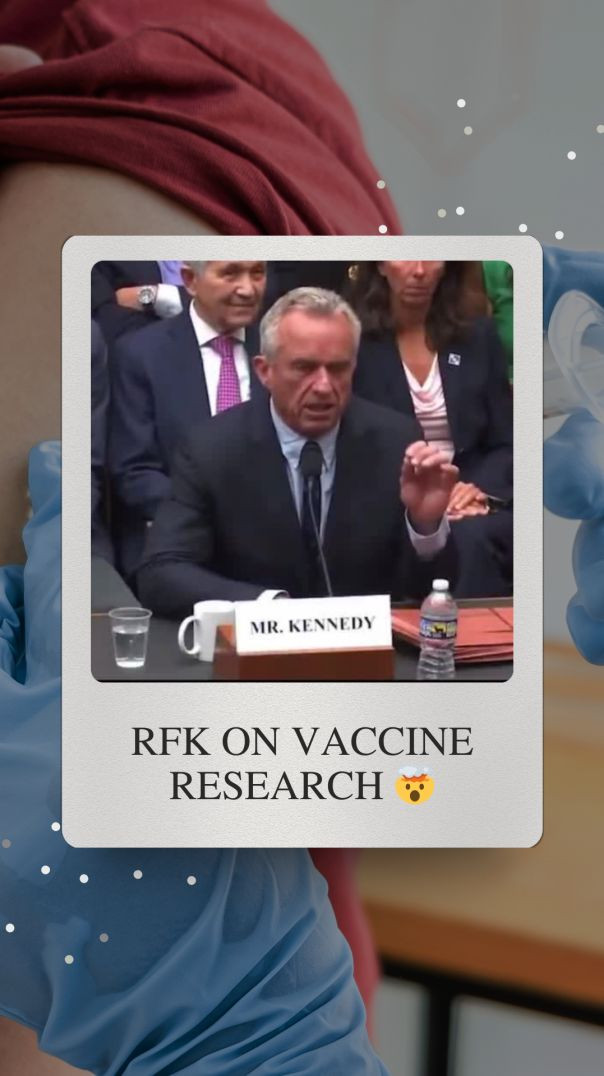
Did you know that vaccines, unlike most other medications, don’t always undergo the same rigorous safety testing before being recommended for use? Over 72 vaccine doses are effectively required for American children, yet there’s no record of placebo-controlled, pre-licensing safety trials for any of them.
After years of research, lawsuits, and even a confrontation with top health officials, the truth is out: we still haven’t found a single trial that meets these criteria.
This isn’t about being anti-vaccine—it’s about demanding transparency and solid science. If we hold medications to high safety standards, why wouldn’t we do the same for vaccines?
Honest science is essential for public trust. Let’s have a real conversation about accountability in health policies. What are your thoughts?
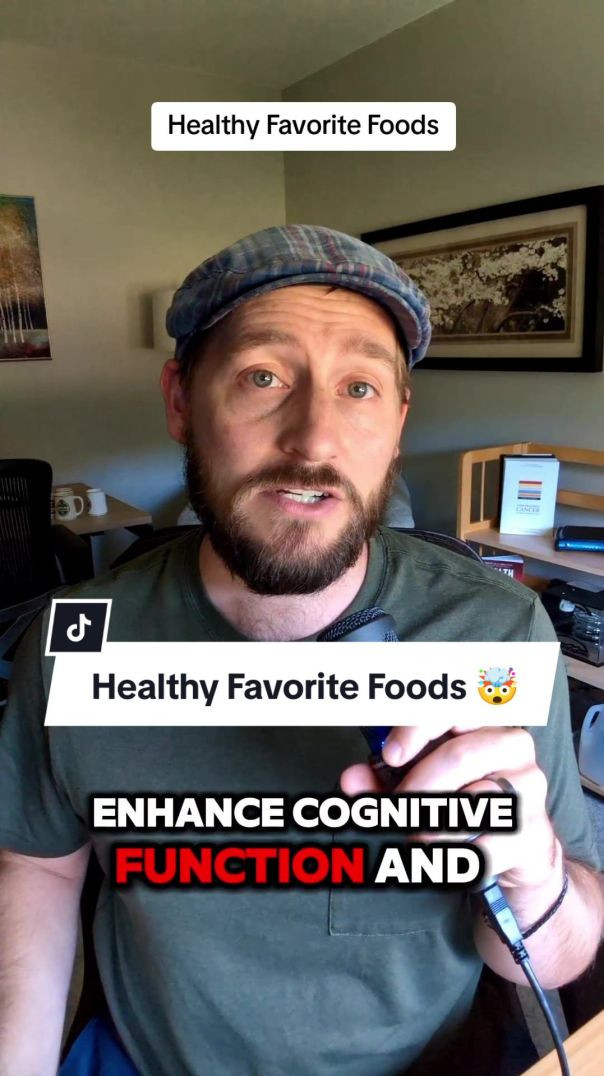
Did you know that some of your favorite foods have incredible health benefits?
Avocados are rich in potassium, which can help lower blood pressure and support heart health. They’re also packed with healthy fats that are great for your brain.
Peppermint is a natural remedy for headaches and migraines. Its menthol content helps relax muscles and ease tension, providing relief when you need it most.
Dark chocolate, especially varieties with 70% cocoa or higher, is loaded with flavonoids that can improve blood flow to the brain, enhance cognitive function, and boost your mood. Just a small piece can make a big difference!
Cucumbers are mostly water, making them excellent for hydration. Placing cool cucumber slices on your eyes can reduce puffiness and dark circles, thanks to their anti-inflammatory properties.
Sweet potatoes are a powerhouse of beta-carotene, which your body converts into vitamin A—a vital nutrient for good vision and glowing skin. Their high antioxidant content also helps fight aging and reduce inflammation.
Ginger is well-known for its ability to combat nausea, whether from morning sickness or motion sickness. It also promotes healthy digestion by stimulating saliva, bile, and gastric enzymes.
And let’s not forget honey—nature’s sweet medicine. It's highly effective against coughs due to its antimicrobial properties and can speed up wound healing by promoting tissue repair and reducing infection risk.
Remember, these natural remedies are powerful, but always consult your healthcare provider before making significant changes to your diet or health routine.
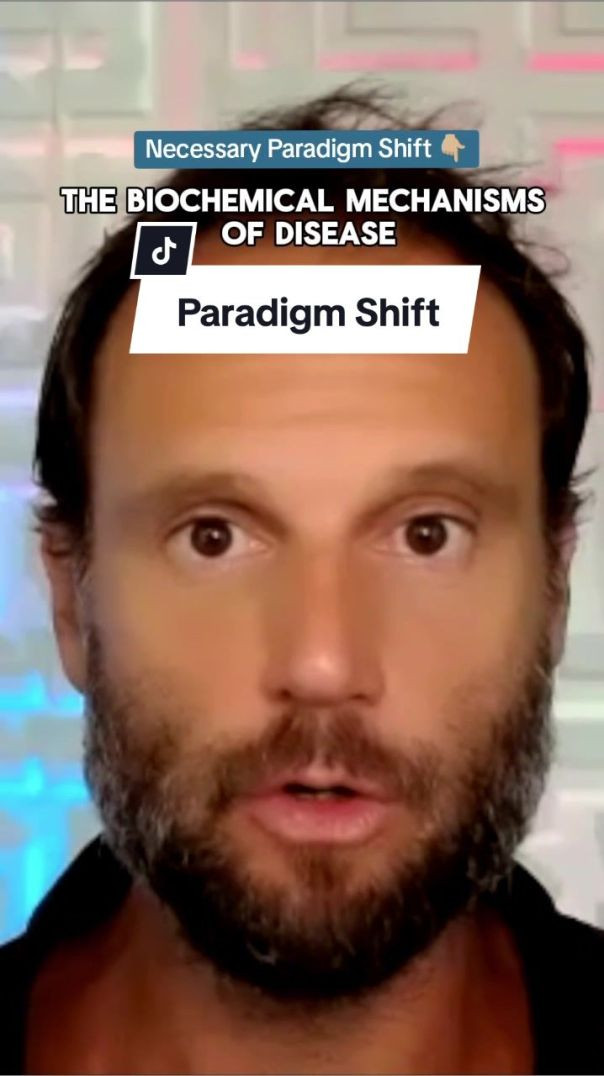
In the world of medicine, the prevailing approach has been to focus on pathology, the study of disease.
This paradigm operates on the belief that by understanding the biochemical mechanisms behind diseases—like how serotonin levels affect depression, or the impact of LDL cholesterol on heart disease—we can develop drugs to interrupt these abnormal processes and, hopefully, cure or manage the diseases.
While this approach has its merits, particularly in emergency and acute care, it falls short in addressing chronic diseases.
The crux of the issue lies in the focus on combatting illness rather than fostering health.
The pursuit of health requires a different toolkit—one that emphasizes prevention and the nurturing of well-being.
To truly transform our health outcomes, we must shift our focus from merely studying disease to understanding and promoting the conditions for optimal health.
This isn't just about treating symptoms; it's about creating a foundation of wellness that can preempt disease altogether.
It's time to rethink our approach and prioritize the science of health creation over disease management.
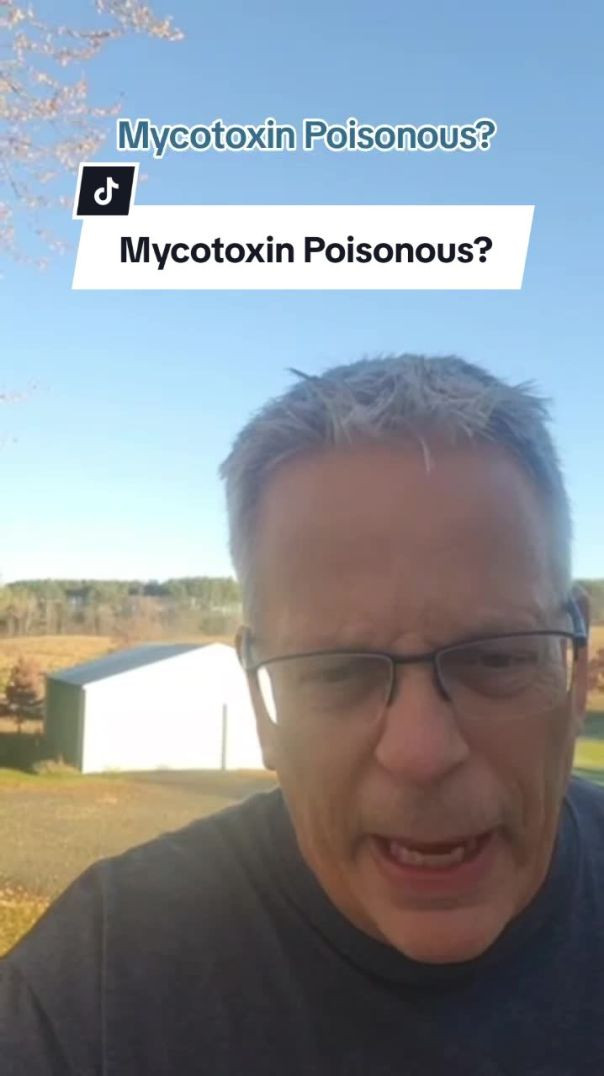
Are #mycotoxins poisonous?
Understand that mycotoxins are toxins for everyone, but just as one person can be exposed to pesticides and their body handles it well (detox it out), so can one person handle #moldexposure and another feels the effects.
It's always a good idea to get tested if you think you've been exposed to #mold to make sure your body is #detoxifying it properly.
Search for "mold" in our store to find an inexpensive mold test at https://Shop.ConnersClinic.com
